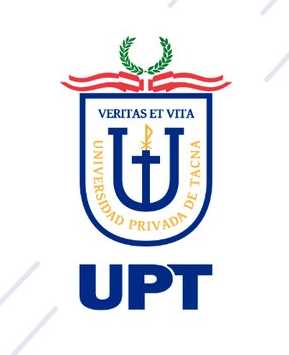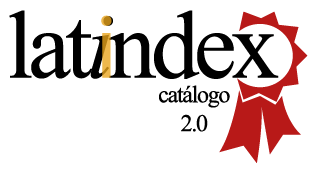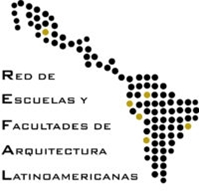CIVIC SPACE SOCIETY: digital communal livability and collective religance in Cerro Cachito
DOI:
https://doi.org/10.47796/ra.2023i24.853Keywords:
Digital communal livaility, Collective religance, Agenda 2030, Cerro Cachito Human Settlement, Mediated communitiesAbstract
Informal human settlements are territorial spaces with strong inequality gaps, showing a lack of quality physical spaces and an absence of vital basic services, where people live in very poor conditions being a problem they fight day by day. However, the religance of the people of the "Cerro Cachito" Human Settlement (most of them being people with physical/sensory disabilities) and the collective intelligence together with the use of information and communication technologies, reinventing themselves and tackling the problems of their community, facilitate the resources, knowledge, tools and networks necessary to promote projects of civic interest with repercussions in their territory. The reason of the study is to determine how digital communal habitability generates a collective resilience in the "Cerro Cachito" human settlement, Carabayllo, Lima, based on the development of compact systems thinking, framed in ODS-11.3, through the reflection of a Dialogue-Debate. The methodology applied, mixed multimodal approach, descriptive explanatory level and cross-sectional design. A sample of 233 units of analysis was used, as well as instruments such as observation sheets and questionnaires for unstructured interviews. Interdisciplinary specialists also participated in the study and validated the instruments using Cronbach's alpha coefficient. The instruments were coded using the qualitative analysis software ATLAS.ti9 and the results of the questionnaire in the quantitative software MAXQDA. This allowed us to conclude that the inhabitants build new virtual spaces, based on a digital disruption for a collective socioeconomic development through a thriving community solidarity through the development of the "Civic Space", a new way of seeing the space looking for solutions with alternative digital tools through active citizen participation and collaboration.
Downloads
Downloads
Published
How to Cite
Issue
Section
License
Copyright (c) 2023 Jorge Luis Iparraguirre Chahua, Henry Daniel Lazarte Reátegui, Julio Daniel Peña Corahua

This work is licensed under a Creative Commons Attribution 4.0 International License.









